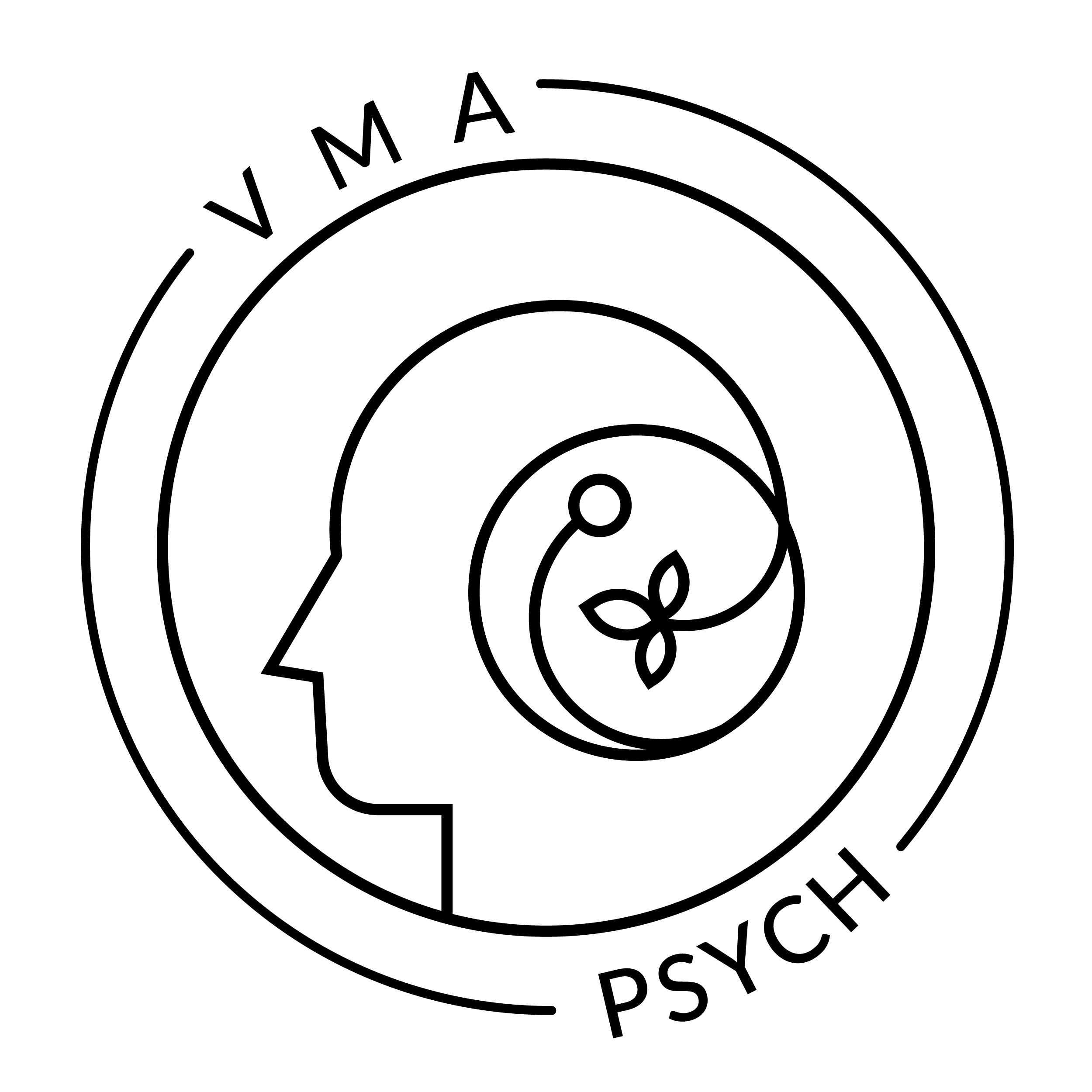
Understanding and Supporting Your Gifted Child’s Full Potential
Gifted children often think, feel, and learn in ways that diverge from their peers. While high grades and fast learning may be the most visible signs, giftedness is far more complex. A gifted assessment provides families, educators, and clinicians with deep insight into a child’s cognitive strengths, learning style, emotional landscape, and developmental needs, ensuring they receive the appropriate support to thrive.
In this article, we explore what giftedness truly means and the many benefits of a formal gifted assessment for children, parents, and schools.
What Is Giftedness?
Giftedness encompasses exceptional intellectual ability, advanced reasoning skills, creative thinking, strong leadership potential, or pronounced talents in the arts. These strengths are often accompanied by heightened emotional intensity or sensory sensitivities, making the developmental journey of a gifted child both rewarding and uniquely challenging.
Importantly, giftedness doesn’t always manifest in traditional academic success. A child may show exceptional mathematical reasoning while struggling with emotional regulation, or excel creatively while finding structured classroom routines difficult to navigate.
At VMA Psych, we provide specialized assessments for gifted children, a foundational step in tailoring appropriate educational and developmental strategies.
Why a Gifted Assessment Matters
Gifted children often develop asynchronously—intellectually advanced but emotionally or socially out of sync with their peers. Without proper recognition and tailored support, they may experience:
Boredom or frustration in typical classroom settings
Perfectionism or anxiety related to unrealistic self-expectations
Behavioural challenges due to a lack of stimulation or misunderstood needs
Social isolation or difficulty connecting with peers
Underachievement, especially in children who mask their abilities or face co-occurring challenges like ADHD or learning disabilities
A gifted assessment offers the objective, research-backed insight needed to identify these strengths and challenges and pave the way for appropriate enrichment, intervention, and emotional support.
Benefits of a Gifted Assessment

For the Child
A gifted assessment helps children better understand themselves—how they think, feel, and learn. This increased self-awareness can lead to:
Stronger self-esteem and confidence through validation of their strengths
Reduced feelings of isolation, knowing their experiences are real and understood
Access to enriched learning environments, such as advanced placement, independent studies, or creative extension opportunities
Targeted support for areas that may be lagging, such as executive functioning, emotional regulation, or social interaction
Gifted assessments are not just about identifying high IQ—they reveal the child’s learning profile, processing style, and emotional context, offering a foundation for truly individualized support.
For Parents and Families
For parents, a gifted assessment provides clarity and relief. Many families notice early signs of advanced ability, such as intense curiosity or unusually deep conversations, but may struggle to make sense of behaviours like sensitivity, anxiety, or perfectionism.
Assessment results help parents:
Validate their observations with evidence-based findings
Make informed decisions about school placement, enrichment activities, or therapeutic support
Understand their child’s inner world, improving communication and connection
Feel empowered in advocating for their child’s needs
With clearer insight into how their child learns and feels, parents can move forward with greater confidence and empathy.
For Educators and Schools
Gifted assessments are powerful tools for educators, enabling them to provide differentiated instruction that aligns with a child’s cognitive abilities and learning needs.
Assessment data can guide schools in:
Implementing appropriate academic accommodations, such as curriculum compacting or project-based learning
Reducing classroom behavioural concerns linked to disengagement or frustration
Creating intellectually stimulating environments where gifted children can thrive
Supporting socio-emotional development through counselling, mentorship, or peer programs
At VMA Psych, we also offer School Observation services to further understand a child’s classroom experience and recommend tailored strategies for support.
Learn More About School Observations
The Gifted Assessment Process at VMA Psych

At VMA Psych, we approach gifted assessments with a deep understanding of the nuance and complexity of giftedness. Our process is designed to be comprehensive, developmentally sensitive, and family-centred.
What to Expect
Standardized Cognitive Testing: We use gold-standard intelligence tests to assess areas such as verbal comprehension, perceptual reasoning, working memory, and processing speed.
Clinical Interviews: Our psychologists conduct detailed interviews with parents or caregivers to gather relevant developmental, academic, and behavioural history.
Emotional and Social Screening: Where relevant, we assess for emotional intensity, anxiety, social challenges, or co-occurring conditions like ADHD or learning disabilities.
Personalized Feedback Session: Once testing is complete, we provide a thorough, compassionate review of the findings and recommendations tailored to your child’s unique profile.
Our assessments go beyond identifying IQ—they paint a full picture of your child’s cognitive style, learning needs, and emotional world.
Turning Insight Into Action: How Assessment Results Support Growth
A gifted assessment is not just a label—it’s a tool for long-term growth and well-being.
Academic Enrichment and Learning Opportunities
Advanced or enriched programming aligned with the child’s strengths
Independent projects or mentorship to encourage deeper exploration
Extracurricular activities matched to true interests and talents
Emotional and Social Development
Support for perfectionism, emotional sensitivity, or social disconnect
Strategies to build resilience and self-advocacy
Opportunities to connect with like-minded peers through specialized groups or programs
Strengthening the Home-School Partnership
Assessment results empower parents to advocate effectively within the school system. With clear, objective data, families and educators can collaborate to ensure consistent support at home and school—setting the child up for success across all domains.
Is a Gifted Assessment Right for Your Child?
You may consider a gifted assessment if your child:
Shows early signs of intellectual precocity
Asks unusually complex questions or displays intense curiosity
Experiences boredom, anxiety, or behavioural issues in school
Demonstrates asynchronous development (e.g., advanced academically but socially behind)
Has emotional intensities or sensitivities that are misunderstood by others
Whether you're seeking educational clarity, emotional support, or strategic guidance, a gifted assessment can be a powerful step toward understanding and advocating for your child’s full potential.
Recommended Resource
"A Parent’s Guide to Gifted Children" by James T. Webb et al.
This accessible, research-based book explores the emotional, social, and educational needs of gifted children and offers practical parenting strategies for real-life situations. It’s a go-to guide for understanding both the joys and complexities of raising a gifted child.
Moving Forward with VMA Psych
At VMA Psych, we believe every gifted child deserves to be understood, supported, and celebrated for who they are. Our team is here to help your family navigate this journey with compassion, expertise, and evidence-informed care.
Welcome to VMA Psych.
Your trusted provider of exceptional mental health services in the GTA & beyond. Learn More
With 40+ years as Toronto's leading psychologists, we guide individuals through life's complexities, offering specialized services for a brighter future.





















